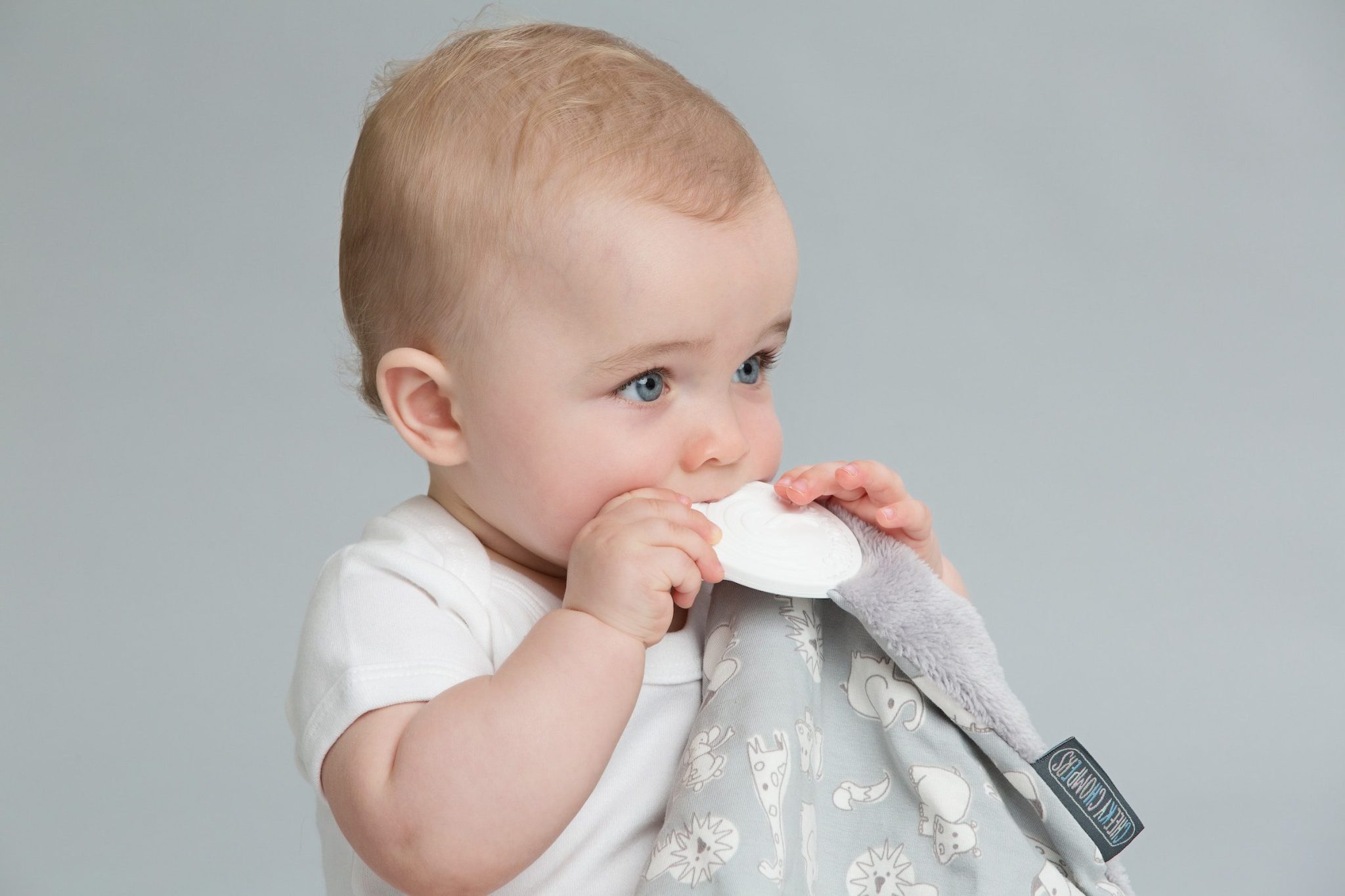Happy Thanksgiving from your children’s dentist! This time of year, kids often learn about the first Thanksgiving, shared between European settlers and their Native American friends. But your child’s teacher probably hasn’t talked about dental health in the American colonies. And that’s a shame because, when you think about the strides we’ve made since that first Thanksgiving feast, we truly have a lot to be grateful for!
Dr. Matt, Dr. Craven, and the team at Smiles Dentistry for Kids wish you and your family a happy Thanksgiving. At our Overland Park, KS, office, we are thankful that you have chosen to trust us with your childrens’ dental health. Enjoy this peek into daily life in colonial America, and enjoy this beautiful celebration with your loved ones. (Just don’t forget to brush your teeth after dinner!)
To join our office family or to schedule an appointment, contact us today.
The First Thanksgiving
When we think about the first Thanksgiving, we usually think about the feast in Plymouth colony. In November 1621, the Pilgrims organized a celebration following the first successful corn harvest in their new land. They invited several of the Wampanoag people, with whom they had formed an alliance.
It’s important to note that many Native Americans resent this rosy portrait of friendship. Though the European settlers initially befriended the native people, this peace was short-lived. It wasn’t long before fighting broke out, and the many local tribes were deprived of their ancestral land.
Chowing Down in Plymouth
We don’t know for sure what was on that first Thanksgiving menu, but it probably looked a lot different from the feast we enjoy today. For one thing, turkey wasn’t necessarily an option. But the revelers definitely enjoyed venison, since the Native Americans arrived with five deer as a contribution to the meal. And many historians believe that most of the dishes were prepared using Wampanoag spices and cooking methods.
It’s also unlikely that pie – pumpkin or otherwise – was on the menu. Sugar was unheard of among Native Americans, although they did use honey and molasses to sweeten their food.
The Early American Settlers and Dental Health
It’s a good thing that the Pilgrims couldn’t feast on dessert because they had enough dental problems as it was! They didn’t have a children’s dentist (or a general dentist) among them. Instead, barber-surgeons trimmed hair, pulled teeth, and performed any other needed health services. And the settlers probably didn’t perform any type of dental hygiene. After all, they didn’t even like to bathe regularly!
All-Natural Remedies among Native Americans
All in all, the Wampanoag and other native tribes likely enjoyed better dental health. Most used “chew sticks” to keep their teeth clean, much like a modern toothbrush. They also chewed mint and other herbs to freshen their breath. And they rubbed charcoal on their teeth – an early form of teeth whitening.
Contact Your Children’s Dentist Today
Today, we are thankful to have made enormous strides in the way we care for our teeth, including routine exams and cleanings. To schedule an appointment with a great children’s dentist, contact our office today.
Reach us online or call (913) 685-9990.









